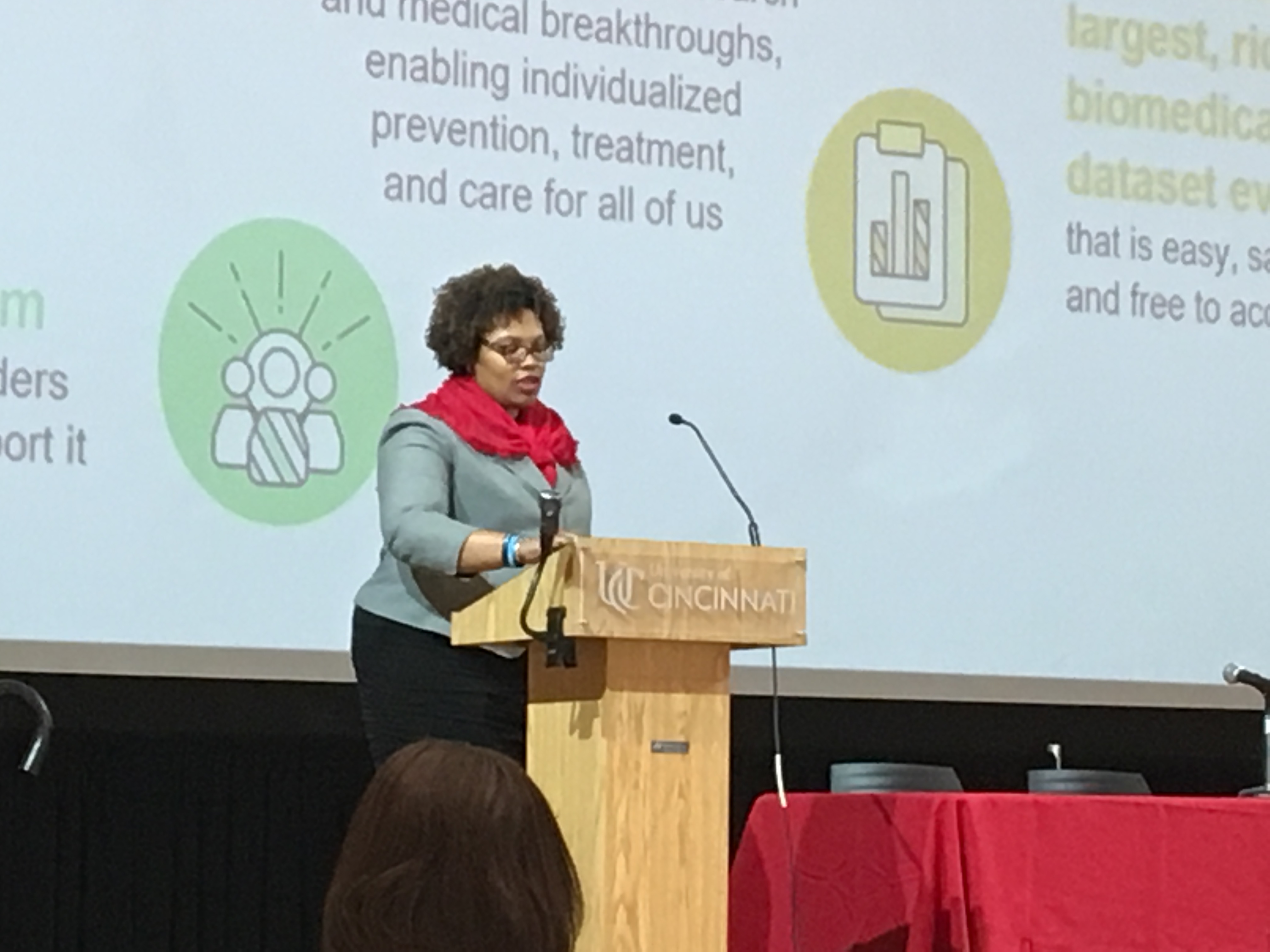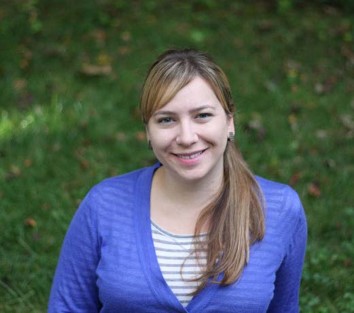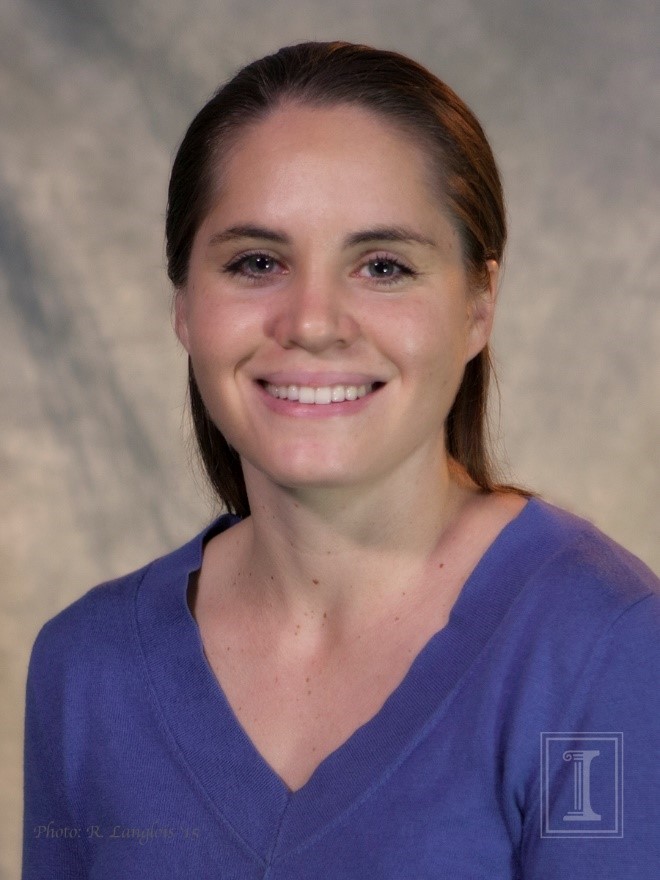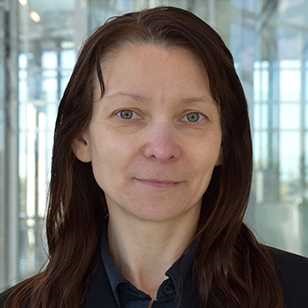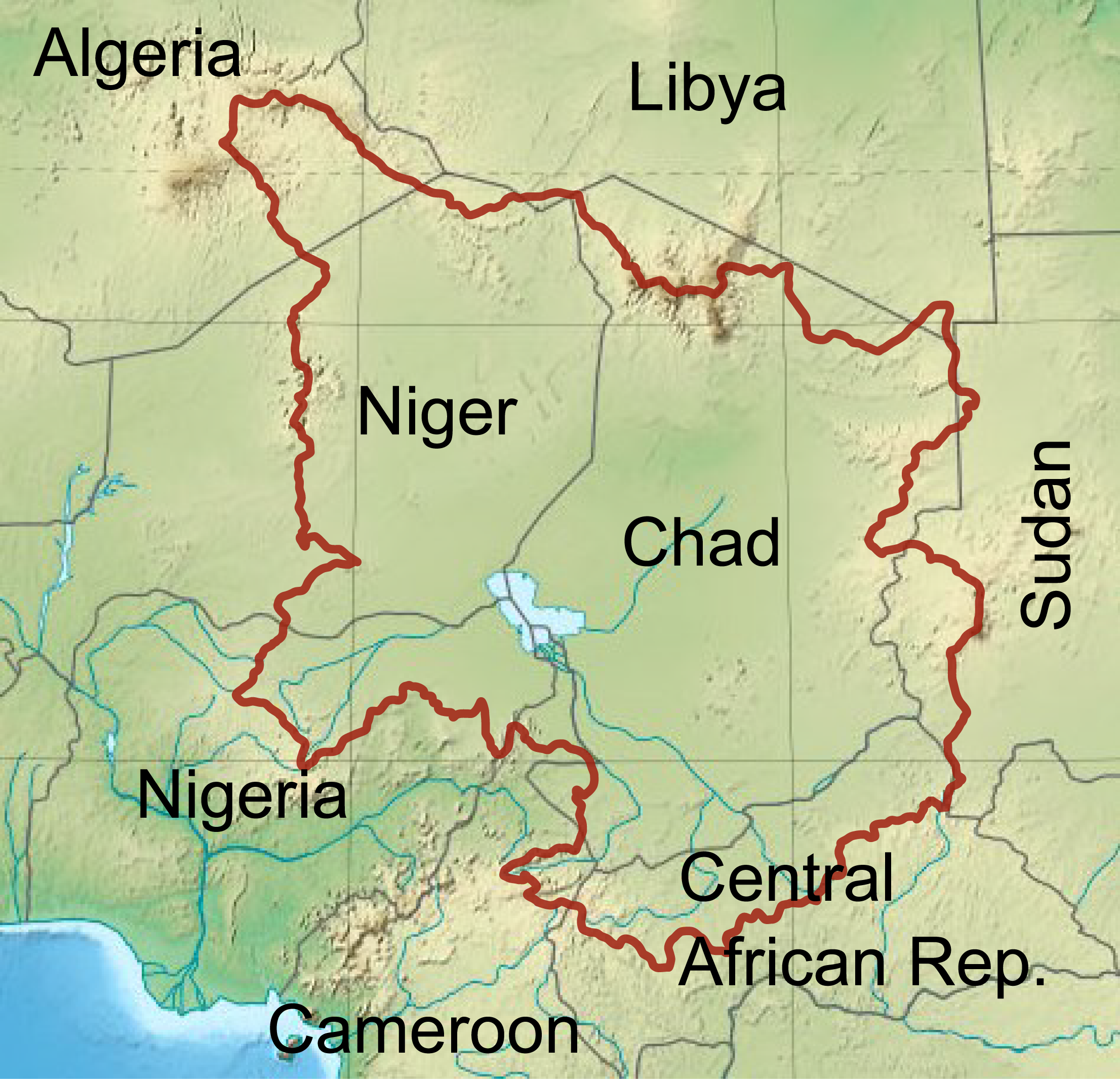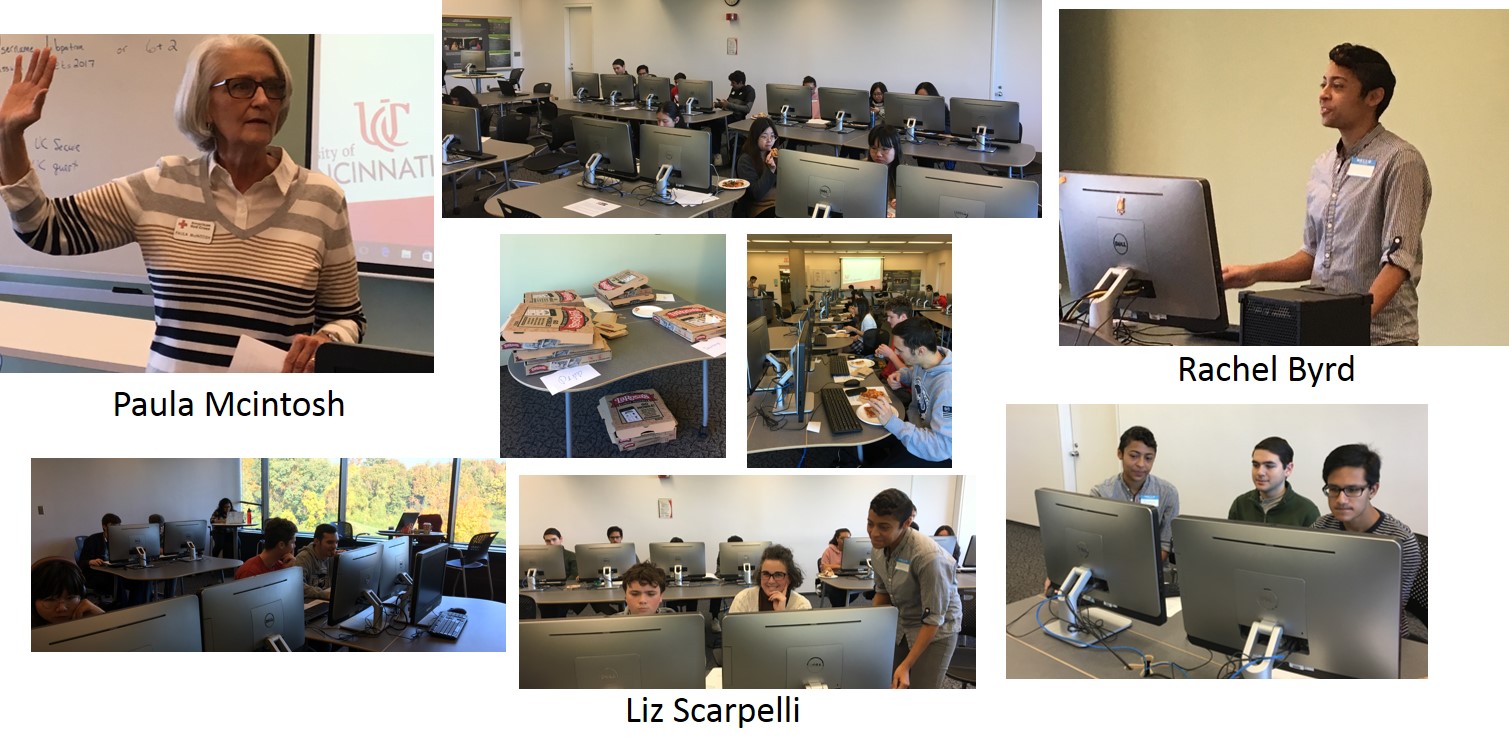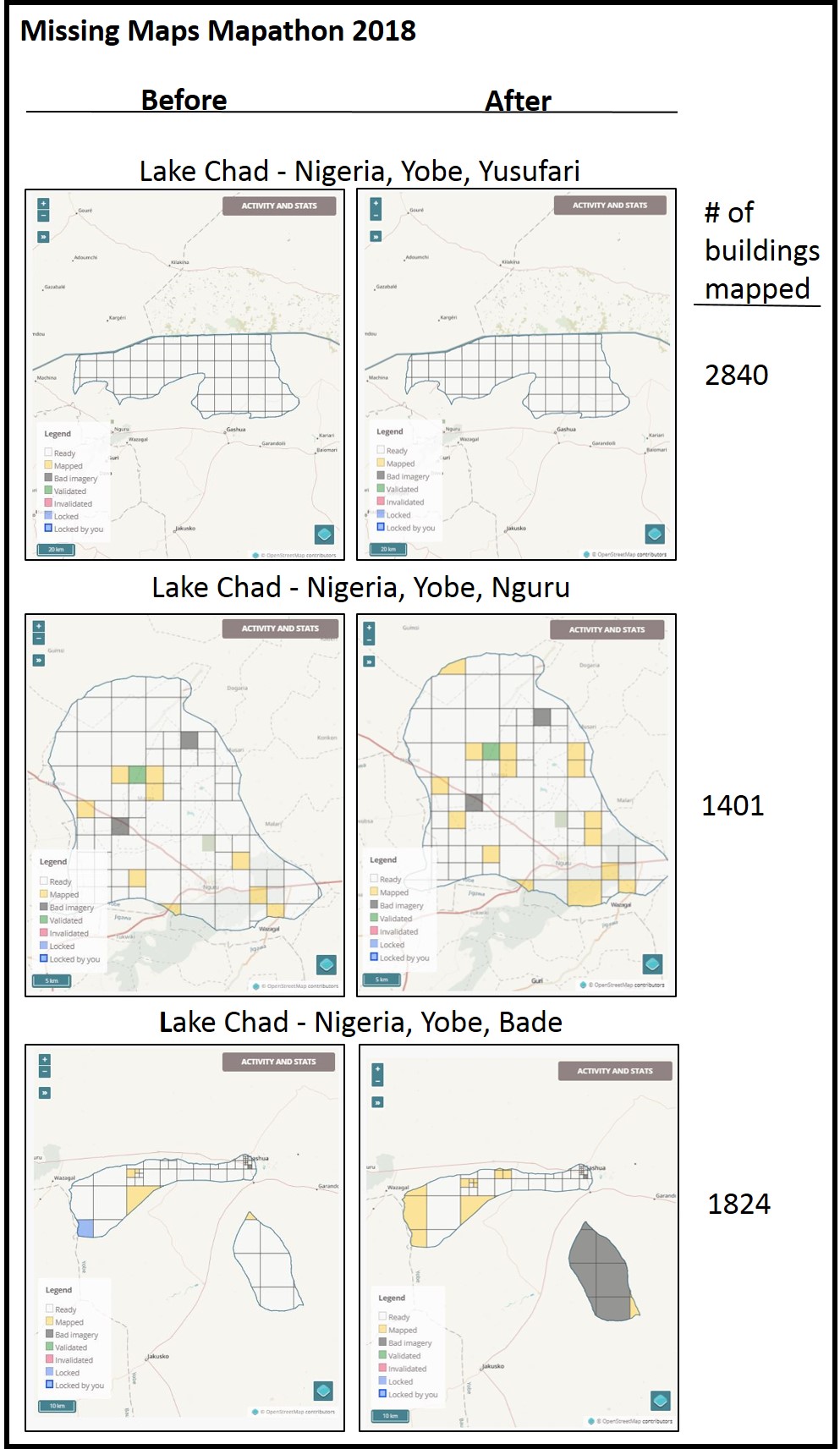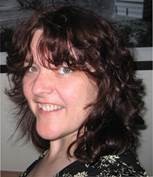Researcher Name: Theresa Culley, Head of Biological Sciences and Professor of Biology, Editor-in-Chief Applications in Plant Sciences
In our fourth installment of the series “How UC Researchers use the Open Science Framework”, we hear from Theresa Culley, Head of Biological Sciences and Professor of Biology, Editor-in-Chief Applications in Plant Sciences
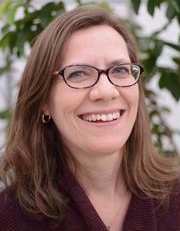
Research Project Description or statement about your research interest:
My research area in Botany focuses on plant population biology and genetics and I have a deep interest in the evolution of invasive species. I am also very interested in publication patterns regarding research involving hotspot areas of biodiversity. My lab has been considering the question of whether researchers from developing countries, which have the most biodiversity hotspots, receive adequate credit for their work. We are currently working on a project examining publishing bias in the scientific literature about plant conservation genetics. This collaboration is in partnership with UC Libraries’ Digital Scholarship Center and is one of several collaborations funded by a $900,000 Andrew W. Mellon Foundation awarded to the Center. I am also interested in this topics in my role as Editor-in-Chief for Applications in Plant Sciences.
Why did you chose to use the OSF to organize your research/projects?
I am an advocate for data sharing and reproducible research. In an editorial I wrote for Applications in Plant Sciences, I highlighted the many reasons to ensure access to data and major considerations behind why researchers may not want to share data. A resource like the open science framework is an excellent tool for promoting transparency and reproducibility and advancing the field at an accelerated pace. The OSF helps to manage the entire project and especially makes it easy to share data within our research group and with collaborators. This is a great place to manage the active parts of a project, and link all the different tools that members of a research group use . We also have the ability to archive data and content here and look forward to a possible integration into our Institutional Repository in the future.
What about the OSF makes this tool a good choice for your project management (i.e. specific function of the OSF)?
Some of my team members prefer to use Dropbox and some are using Box. Using the OSF makes it possible to bring all the different tools we are using under one project umbrella. And it helps us to track activity on the project.
Additional comment for the post that you are willing to share:
Currently our project is not public, but we hope to share components in the future.
The Center for Open Science has been a great resource for our lab and the journal Applications in Plant Sciences. In August 2016, the journal adopted the TOP guidelines, along with its sister journal, American Journal of Botany.
